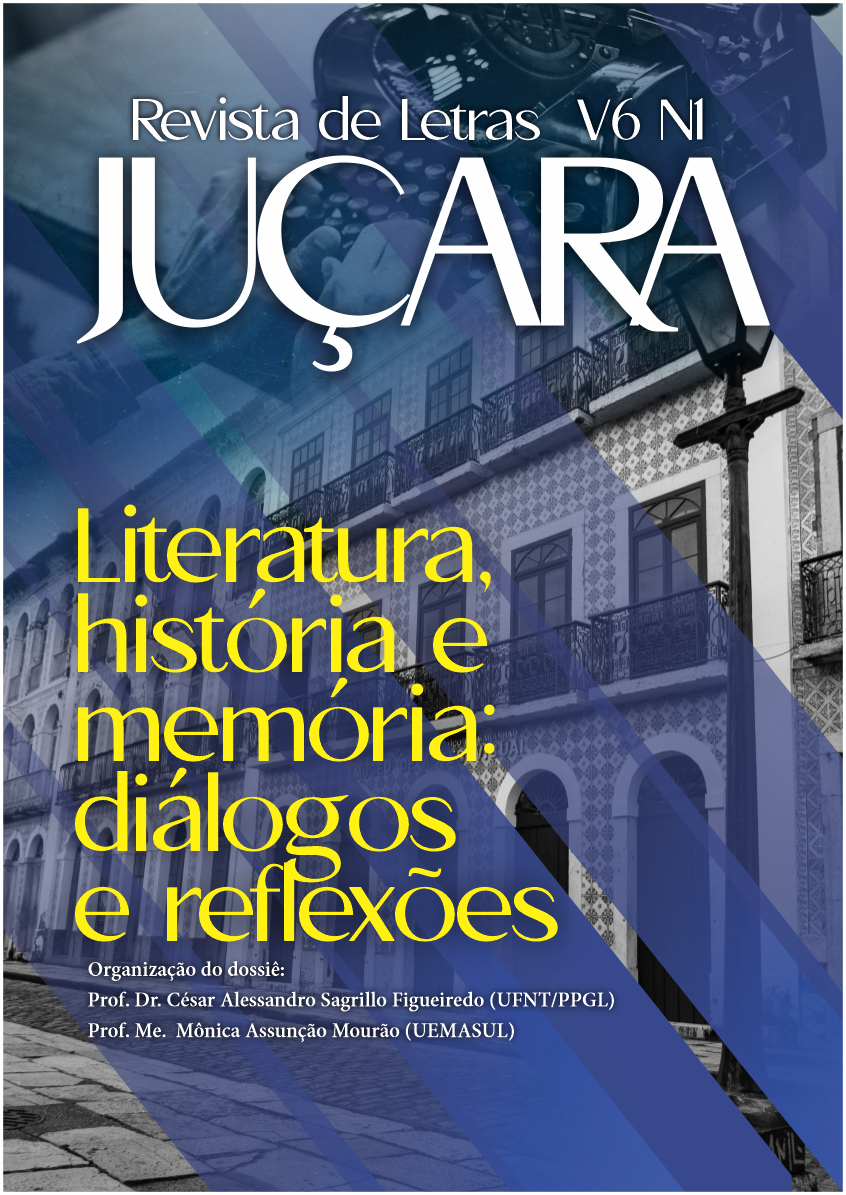LITERATURA E HISTÓRIA: O SENSÍVEL DA MEMÓRIA DE DOMITILA CHUNGARA A PARTIR DA HISTORIOGRAFIA DE EDUARDO GALEANO
DOI:
https://doi.org/10.18817/rlj.v6i1.2741Resumo
O presente texto se propõe a compreender como o escritor uruguaio Eduardo Galeano configura o que denominamos de escritura historiográfica, ao articular a composição narrativa, de tal modo, que acaba por evidenciar o ativismo feminino e atingir o sensível da memória ditatorial boliviana, tendo como base o testemunho de Domitila Chungara (1937-2012). Para tanto, realizaremos uma análise estrutural e de conteúdo da sequência narrativa: “1967 Llallagua, la fiesta de San Juan”; “1967 Catavi, el día seguiente”; “1967 Catavi, Domitila” e “El interrogatório de Domitila”, retiradas da obra Memória del fuego (2010, p. 233-234). Com a análise, veremos que Galeano, ao se valer dos recursos da Teoria da Literatura, desenvolve uma forma singular de narratologia historiográfica.
Downloads
Publicado
Como Citar
Edição
Seção
Licença
Copyright (c) 2022 Heloisa Helena Ribeiro de Miranda

Este trabalho está licenciado sob uma licença Creative Commons Attribution 4.0 International License.
A submissão de originais para a Revista de Letras Juçara implica na transferência, pelos autores, dos direitos de publicação. Os direitos autorais para os artigos publicados nesta revista são do autor, com direitos da revista sobre a primeira publicação. Os autores somente poderão utilizar os mesmos resultados em outras publicações indicando claramente a Revista de Letras Juçara como o meio da publicação original.


